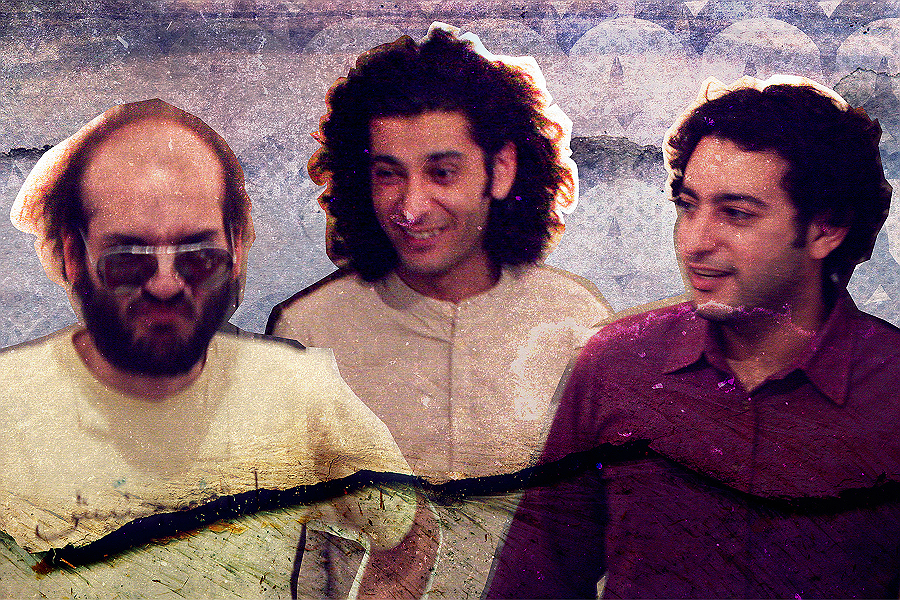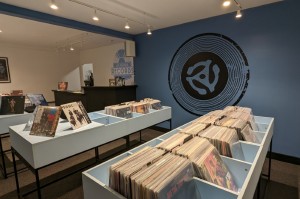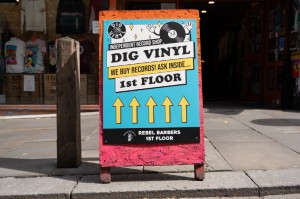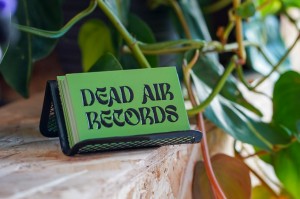Alif Ensemble – Reviewed

Premiering in Liverpool ahead of the BT River of Music Festival, Alif Ensemble proved themselves nothing less than revelatory…
Humility, nerves and excitement. This is how the evening begins for the Alif Ensemble, for what is set to be their premiere live performance. Most recently formed bands playing brand new material at least get to do this in any number of assorted dives, under the cover of darkness and in easy reach of a back door; but for this group, drawn from across the Arab world, their first port of call happens to be the Liverpool Philharmonic. Granted they are hardly novices, but still, they have reason to be apprehensive.
The Alif Ensemble came together as part of Liverpool Arabic Arts Festival and the London 2012 Festival programme, and after five months of preparation (but just five days of rehearsals), the seven musicians – led by renowned Oud player, Khyam Allami – begin their set. The songs (mostly traditional Arabic poetry set to new music, Allami explains) bear a mixture of influences, from the very traditional to modern, western approaches.
The first track, Holako, while technically performed well enough, is delivered in a rather clipped and intense fashion, betraying those nerves we mentioned earlier. Chief culprit in this is vocalist Tamer Abu Ghazaleh. The tension is transmitted to the audience, who, seemingly unsure quite how to react when this trial by fire draws to its close, belatedly offer warm applause. From here-on-in however, nerves are given rather short shrift, and the concert begins proper somewhere in between second number, Al-Juththa and the wonderfully rousing Hasat.
What quickly becomes apparent is that amongst these seven musicians – while they are clearly taking their lead from Allami – there is no real hierarchy, just a warmth and mutual appreciation of each other’s playing ability. Any concerns around the chances of Ghazaleh relaxing are quickly forgotten, as his earlier intensity is swapped for a rich vocal, allied with expert and driving buzuq-playing. Just like that he is a match for anyone on stage.
Indeed, this is a real feature of the whole set: seven musicians equal in quality and renown (at least to our untutored ears) working together for the simple enjoyment of it. Just when you are admiring the amazing drumming of the pony-tailed Ayman Mabrouk, the violin playing of Yaroub Smarait will kick in and briefly take centre-stage, keeping you on your toes and reminding you to look around, lest you miss out on something extraordinary.
The extraordinary element is delivered, unusually, in the wonderfully democratic nature of the whole evening, with Allami gently orchestrating, and the bass of Khaled Omran keeping time, there is even room for a second percussionist in the ever-smiling Khaled Yassine. Making up the number is Maurice Louca, lending the Alif Ensemble a splash of electronica, which could have been out of place amongst the more traditional make-up of the rest of the band. Instead, it serves to provide a bridge into the contemporary for this most accomplished fusion of Arabic music.
A night where you are introduced to musicians in a new context (most of whom you may not previously have known the names of), can obviously go either way. In the case of Alif Ensemble, it was an education we’re glad to have been given. There were few false moves, and first track aside, the only real awkwardness came from an audience who seemed uncertain about the level of applause they were allowed to give, this most of the time resulting in too respectful a reception. But finally, following the encore, we felt able to let rip properly, Alif Ensemble deservedly whooped and cheered off the stage.
One can only wonder how good they’ll sound with a second gig under their belts.
Alif Ensemble play the Ikon Gallery in Birmingham tomorrow and Battersea Park, London on the 22nd July Image courtesy, Amr Qenawi





